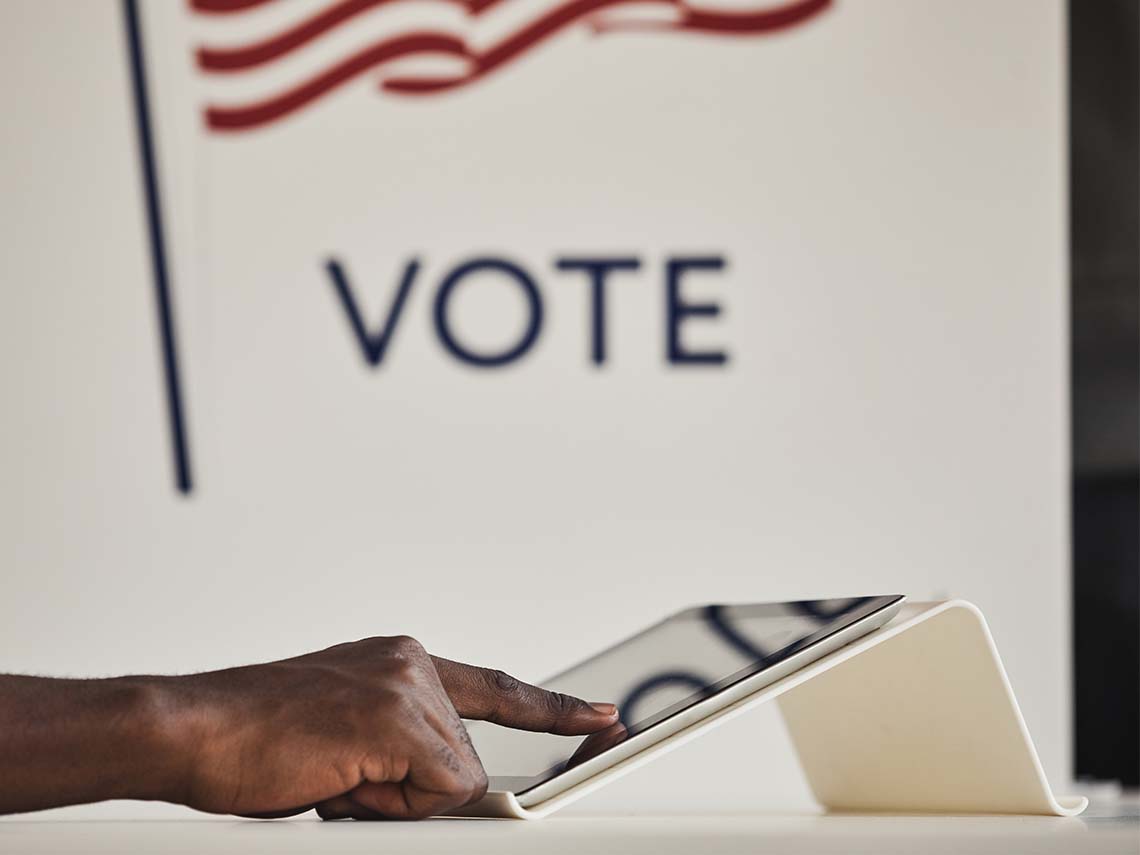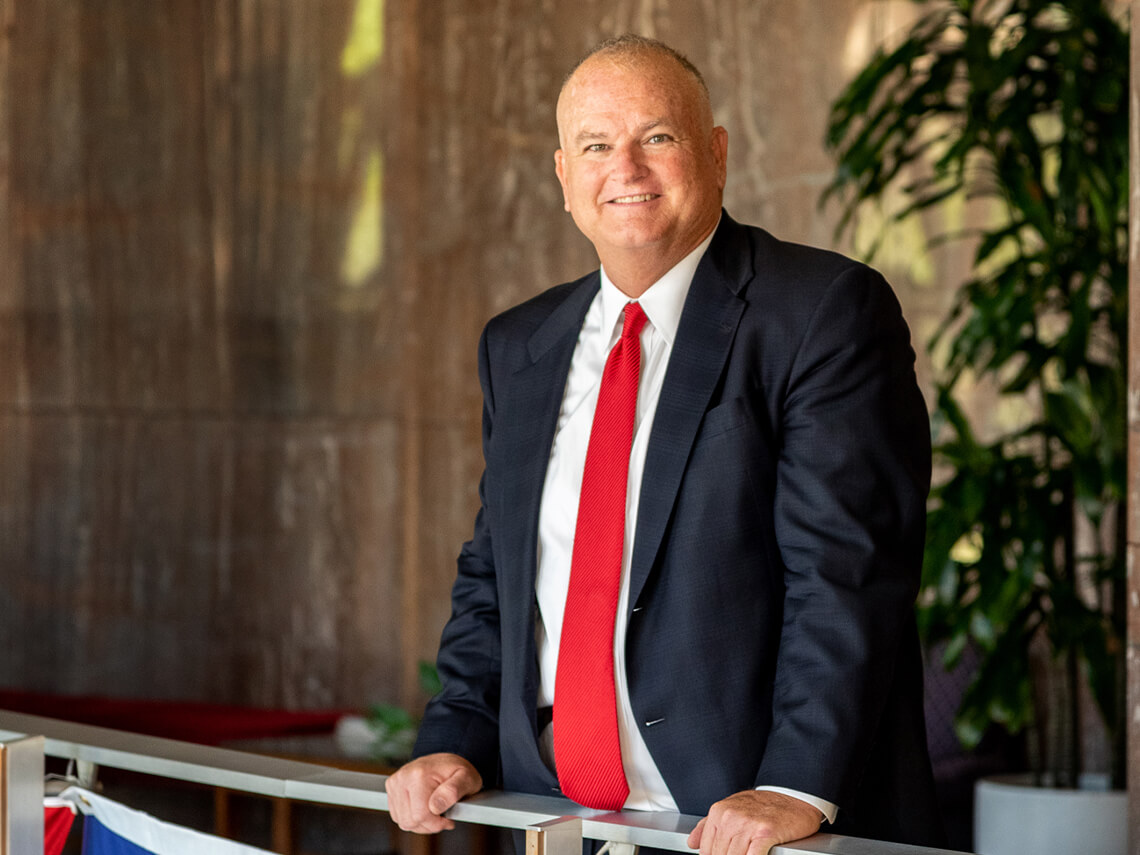Exercising your right to vote is a fundamental part of what makes democracy work. Voter turnout in the United States is lower than in most established democracies. This voter disparity is even larger for elections held in years without a major nationwide election.
Dorn Policy Group, Inc. is one of Arizona’s top public affairs firms. We are advocacy professionals who strive to obtain the results our clients want. When it comes to your community, it is important to be informed and to have your voice heard. Voter turnout can have a major impact on the legislation addressing issues that you care about. Read our blog post below to learn more about voter turnout during off-year elections.
What is Voter Turnout?
Voter turnout can help gauge political involvement and influence campaign outcomes. This metric is expressed as a percentage of a certain population who voted in a specific election. Popular ways to measure voter turnout include:
- Voting age population turnout: a percentage of the population that is old enough to vote
- Voting eligible population turnout: a percentage of eligible voters
- Registered voter turnout: a percentage of registered voters
Off-Year Elections
Voter turnout regularly drops in these midterm and municipal elections compared to turnout for national elections and has done so since the 1840s. A year with no major nationwide election is referred to by Politico as an “off-year”. These off-year elections tend to have a larger impact on day-to-day life than their larger national counterparts. Off-year elections decide which streets get repaved, how many police officers are patrolling your community, and when your trash gets collected.
What Causes Low Voter Turnout?
Turnout varies by state, year, and election. Municipal off-year elections, as well as primary elections, tend to have lower turnout. Several factors impact voter turnout in both on and off-year elections:
- Voter Fatigue: When voters are asked to vote in a number of elections in a short period of time, voter fatigue can occur. It is not uncommon for voters who are asked to cast a ballot every few months to skip out on what they perceive as smaller elections.
- Ballot Awareness: When voters are unaware of the impact that local races have on their everyday lives they are unlikely to attend local elections. The general impact of issues on municipal ballots is less commonly understood than for national elections.
- Campaign Spend: The budget of a campaign has a direct correlation with the awareness of upcoming elections. Off-year elections tend to have lower campaign spending than higher-profile national campaigns.
- Electoral Competitiveness: The perceived competitiveness of an election can encourage a voter to cast a ballot. According to FairVote, 69% of voters in the ten most competitive states cast a ballot in 2020, compared to the national average of 66%.
On-Years vs. Off-Years in Arizona
The disparity between on and off-year voter turnout plays a hand in Arizona elections. In Tucson, Arizona there are 260,000 registered voters. Less than 90,000 voters cast a ballot for the off-year mayoral election in 2019, while nearly half of Tucson registered voters returned a ballot in the prior year’s midterm elections.
Dorn Policy Group, Inc. Advocates for Voters
As one of the leading Arizona government relations firms, Dorn Policy Group, Inc. knows how important it is to be noticed by key elected officials and community leaders. With such a large, diverse community, it can be difficult getting your voice heard. Contact us today and learn how we can help your business find success with strong government relations.



